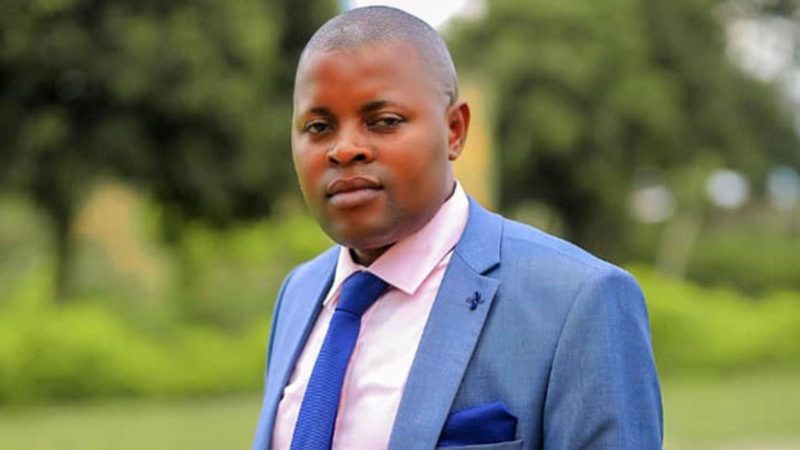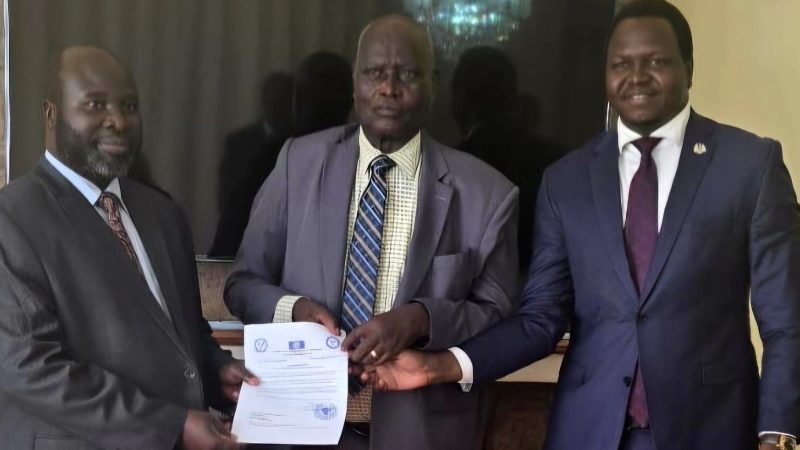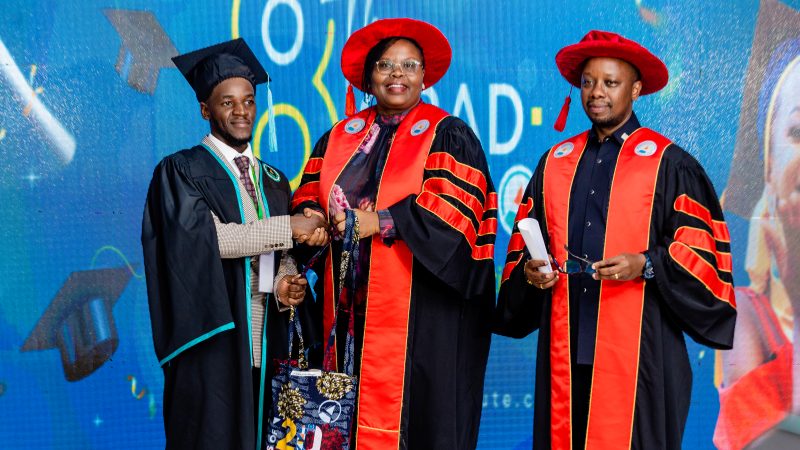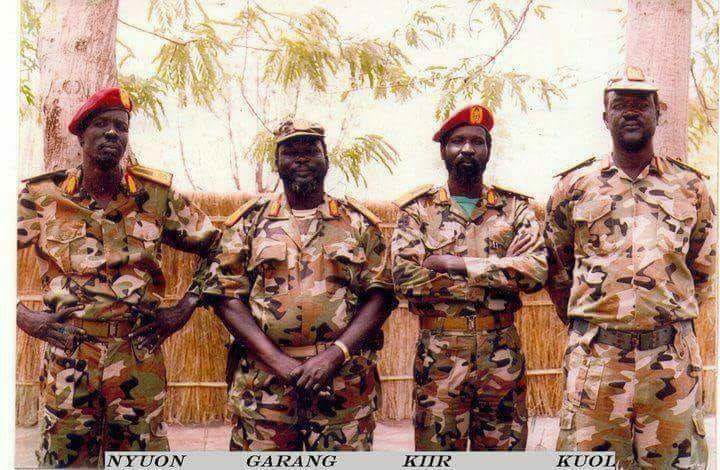As South Sudan marks the SPLA Day today, President Salva Kiir has called on the organized forces to protect civilians and their properties against any threats.
In a statement released by the President’s office, Kiir said this is their duty and responsibility, citing the objectives of the liberation struggle.
The SPLA Day is marked on May 16, every year.
It is to recall when in 1983 some mutinies broke out in the barracks of the Sudanese army in the southern regions, most notably in Bor, and also at Ayod, Pochalla, Wangkai, and Pibor.
The mutinies were commanded by Major Kerubino Kuanyin Bol and Major William Nyuon Bany.
On May 16th, 1983, the Sudan People’s Liberation Army was founded, with the Sudan People’s Liberation Movement as its political wing.
John Garang de Mabior was made its first chairman and Commander-in-Chief.
Kerbino Kuanyin was appointed the second-ranking Commander, and William Nyuon its third in command.
The SPLM/SPLA aimed to establish an autonomous Southern Sudan, initially within a united Sudan.
In 1984, the first full-fledged SPLA battalion graduated in the village of Bilpam.
The name ‘Bilpam’ carried great symbolic importance for SPLA as the epicenter of the uprising.
After Bilpam, other SPLA training camps were established at Dimma, Bonga, and Panyido.
Its military actions against the Sudanese government became the Second Sudanese Civil War that would last until 2005.
After South Sudan gained its independence in 2011, the SPLA became the army of the new country.
The SPLA was renamed the South Sudan People’s Defense Force, SSPDF, in 2018, partly after the SPLA splintered into so many groups fighting each other from 2013 and 2016.
As of 2019, the SSPDF comprises the Ground Force, Air Force, Air Defense Forces, and Presidential Guard.
In his 39th anniversary message of the SPLA day, President Kiir said with the unified command structure in place, a new spirit of togetherness should guide the actions of the organized forces as they work to meet the challenges confronting them.
“Let the sacrifices of our martyrs be your inspiration as you prepare the plans for the graduation of the unified forces and the challenges that come with that.” Kiir stated.
In September 2017, President Kiir had accused the organized forces of committing crimes in the country.
Kiir said the forces had looted and destroyed property openly in uniform.
The President also stated that some members of organized forces sold out their uniforms and weapons to criminals.
He warned soldiers against collaborating with criminals through lending of guns and uniforms to commit crimes.
Kiir, however, had acknowledged operational and logistical challenges faced by the organized forces, including shortage of arms, uniforms and vehicles.
But several analysts attributed the then rise in security-committed crimes to little pay and failure by the government to pay the army on time.
A couple of government officials had also blamed deadly night robberies on the security forces.
In August same year, the then Minister of Defense, Kuol Manyang said that some of the criminals behind night robberies in Juba were members of the organized forces, including the Presidential Guards.
In his latest written message, Kiir is encouraging the forces to use South Sudan’s past struggle as a guide when dealing with current challenges facing the country.








